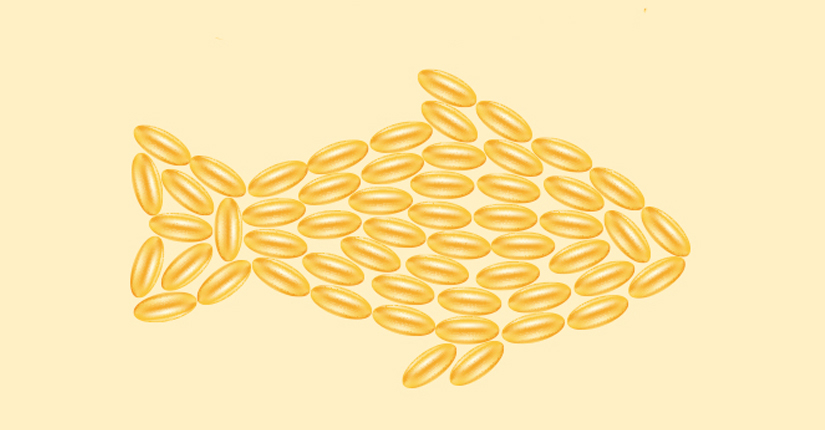Dietary Recommendation for Management of Myasthenia Gravis
By Nmami Agarwal 04-Jun 2020 Reading Time: 4 Mins

Myasthenia Gravis (MG) is a condition that is caused when there is a breakdown in communication between the nerves and muscles. This disorder results in the weakening of the muscles in the body which are responsible for movement. It is a rare disorder and can impair muscle contractions, making the muscles weaker and more fragile. Any damage to your voluntary muscles is a symptom of MG. It attacks the muscles that are under your control.
The more the affected muscle is used, the more it deteriorates and weakens. To improve the condition, keeping the muscles at rest is often recommended. The symptoms of MG include difficulty in walking upstairs and lifting objects, facial paralysis, shortness of breath, drooping eyelids, double vision, difficulties in chewing, swallowing and talking. Different people show different symptoms and the condition worsens if it goes untreated.
MG is a disorder caused by an autoimmune problem. An autoimmune disorder occurs when the immune system attacks the healthy tissues and organs, mistakenly identifying them as a threat. The nerves in our body communicate with the muscles through neurotransmitters which fits at the nerve-muscular junction. The antibodies produced by the immune system block or destroy these receptor sites, which impairs the communication between the nerves and the muscles. The muscles stop receiving signals from the nerve which eventually results in muscle weakness.
Chewing and swallowing can be difficult for people suffering from MG. Even though eating food can be a challenge, there are some eating habits and recommendations that can help your body get the nutrients it needs.
We have come up with a few dietary recommendations that can benefit MG patients.
- Choose foods that are easy to swallow. You can use sauce, mayo, cream, yogurt, butter or gravy to easily gulp down the food that is hard to chew or swallow. Choose nutritious foods such as chicken, fish, eggs, and smoothies that are easy to consume.
- Avoid eating dry food such as cookies, crackers, chips, popcorn, bread, and sandwiches that cannot slide down your throat.
- Reduce the size of your meals. Break them down into small portions that you can eat throughout the day. Eat the heaviest meal in the morning when you have the most energy.
- Add vitamin D and calcium to your diet. MG can deteriorate bone health. You should ask your doctor to prescribe vitamin D and calcium supplements.
- Sip on liquids while eating to soften the food. This will avoid any food from sticking to the throat so that it passes down with no difficulty.
- Mince, chop, mash or puree the food. Cook soft and easy to chew meals.
Footnote
Living with Myasthenia Gravis can be very challenging but with a simple and healthy lifestyle, it can become relatively easier. Maintain the correct body posture while eating your meals. Contact your doctor if the symptoms get worse.





















